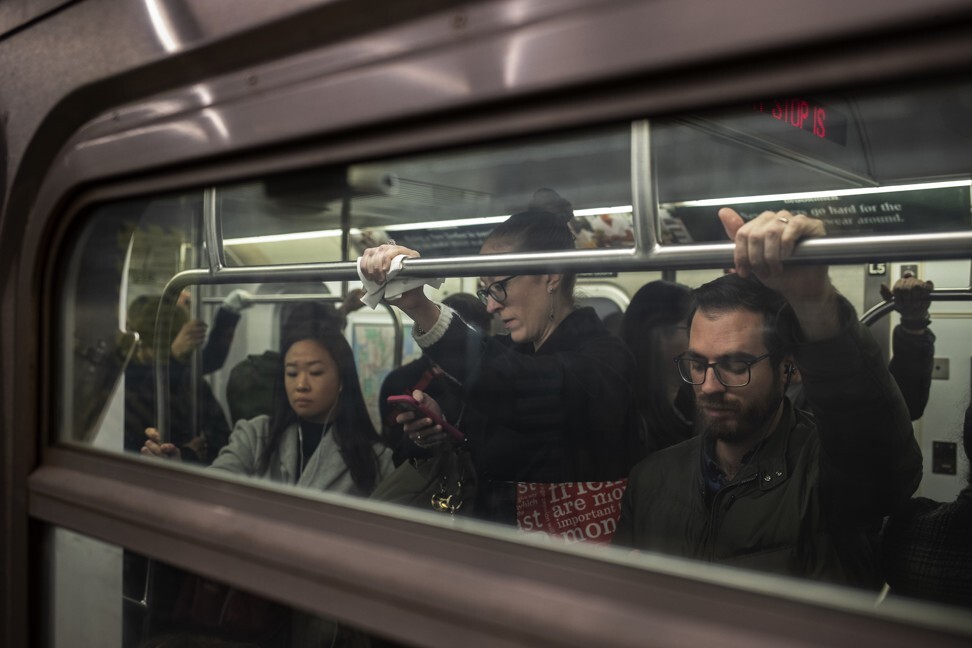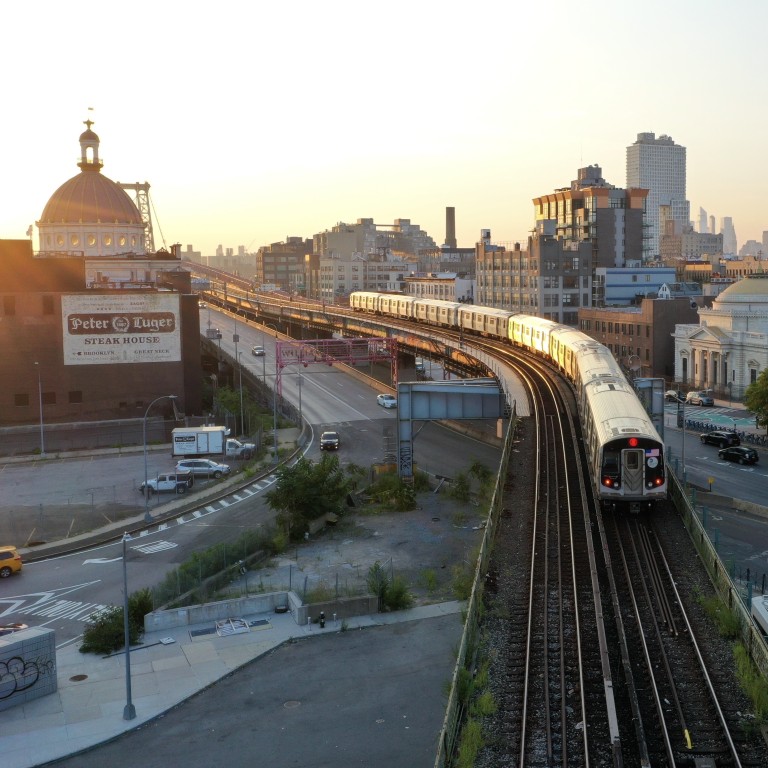
US Congress passes Joe Biden’s US$1 trillion infrastructure bill
- Lawmakers rubber-stamped the Senate-passed US$1.2 trillion infrastructure bill on the House floor by a comfortable 228 votes to 206
- The move marks a legacy-making achievement for Biden, amid plunging approval ratings and an upset for the Democrats in Virginia’s gubernatorial election
Despite hours of cajoling lawmakers, party leaders had risked seeing Biden’s two-pronged legislative strategy collapse as they failed to unite the party’s feuding progressive and moderate factions.
But the breakthrough came as lawmakers rubber-stamped the Senate-passed US$1.2 trillion infrastructure bill on the House floor by a comfortable 228 votes to 206.
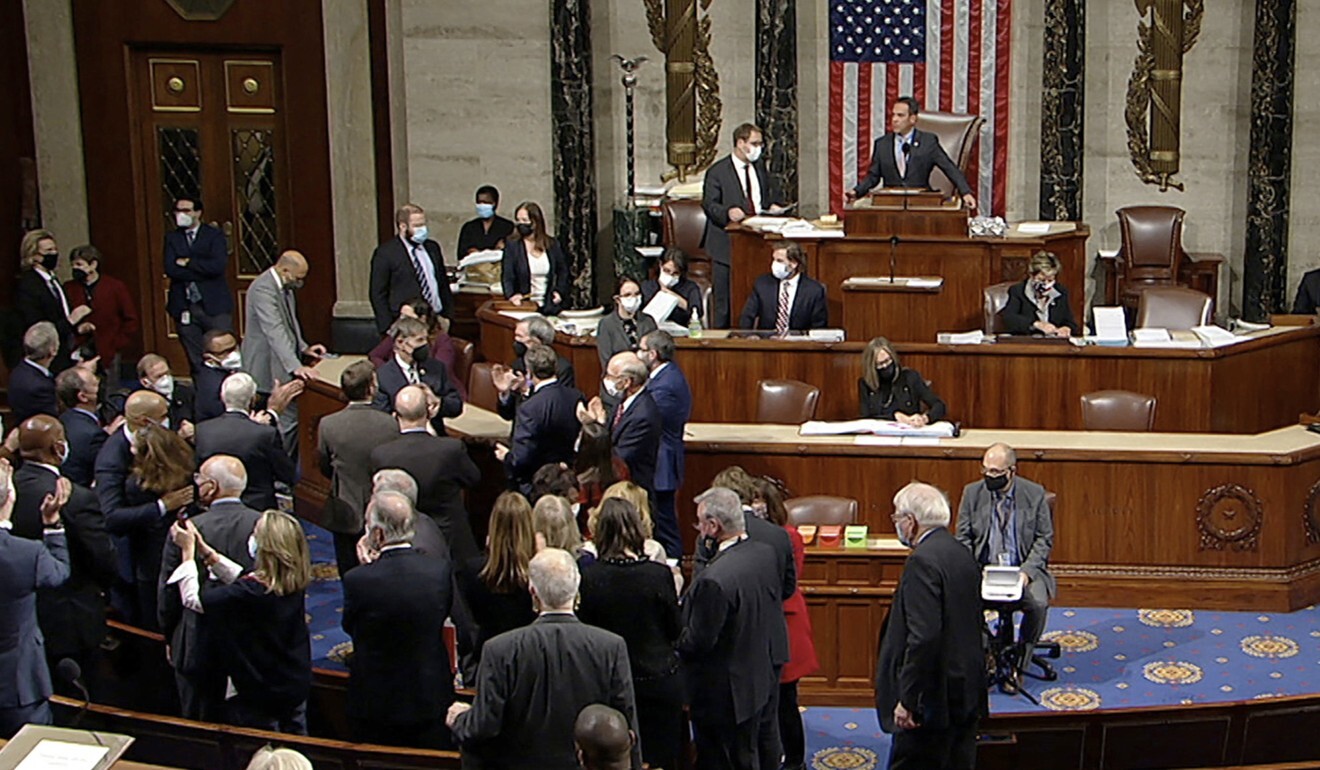
The passage of the infrastructure spending marks a legacy-making achievement for Biden, amid plunging personal approval ratings and a humiliating upset defeat for his Democratic Party in the Virginia gubernatorial election.
His spokeswoman Jen Psaki said the success was “proof that delivering for the American people is worth all the painful sausage making.”
“Clean drinking water for kids, broadband access, electric vehicles, biggest investment in public transit. It’s happening. And more to come,” she tweeted.
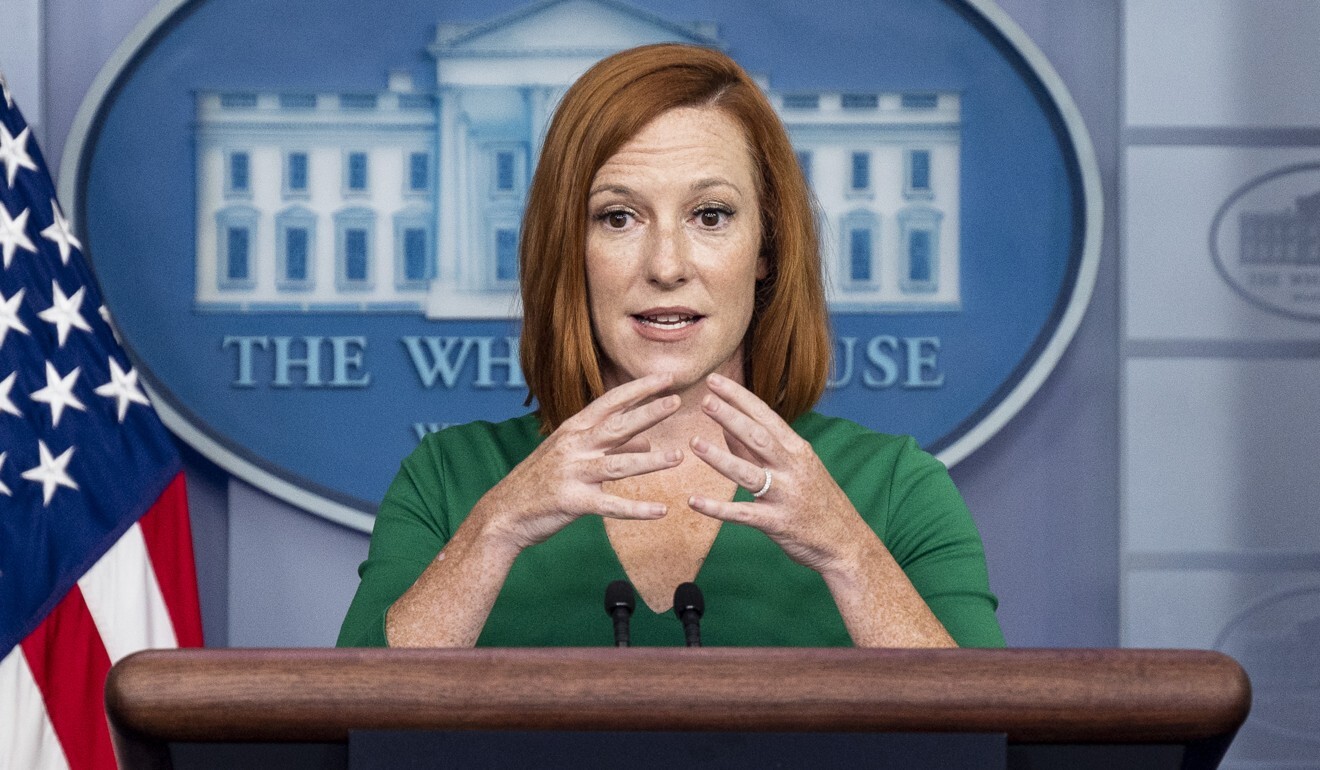
Party leadership in the House of Representatives began the day aiming to rubber-stamp the infrastructure bill, the biggest upgrade of roads, bridges and waterways in decades, after sending an even bigger social welfare deal, worth up to US$1.85 trillion, to the upper chamber.
But six moderate Democrats refused to commit to the “Build Back Better” benefits package, arguing they first needed to see a full accounting of its economic impacts, which will not be available for at least a week.
Will Biden’s election woes affect approach to China?
Progressives initially blocked the infrastructure vote amid suspicion that Senate centrists would reject the Build Back Better bill as soon as they got their transport upgrades signed into law.
But Pelosi refused to back down, insisting on the vote before the end of the day and offering an olive branch to the liberals – a procedural vote on the “rule” to at least get debate started on Build Back Better.
“I am urging all members to vote for both the rule for consideration of the Build Back Better Act and final passage of the Bipartisan Infrastructure bill tonight,” Biden had said in a late evening statement. “I am confident that during the week of November 15, the House will pass the Build Back Better Act.”
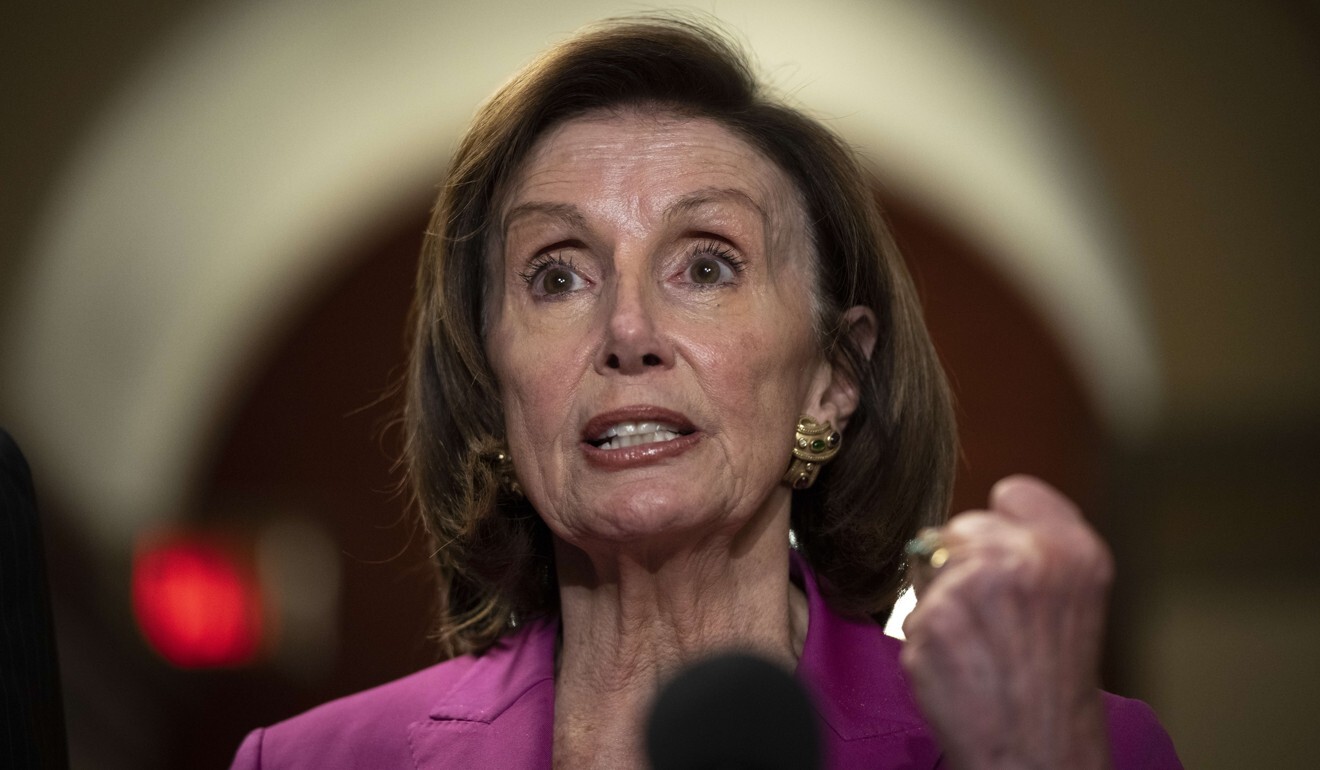
The victory will be a salve to Democratic leaders who have spent two days in meetings painstakingly trying to bring aboard holdouts over multiple sticking points in Build Back Better, from prescription drug pricing to immigration provisions.
Passing the infrastructure package into law required some tricky mathematics with several progressives, still smarting over the moderate rebellion, voting no – but Democrats were able to add 13 Republicans to their side of the ledger.
“After four years of failed ‘infrastructure weeks’ under Trump and Republican control, President Biden delivered on his promise to work across the aisle and shepherd through a historic investment in our nation’s infrastructure,” Jaime Harrison, chairman of the Democratic National Committee said.
US was ‘clumsy’ in Aukus submarine deal, Biden tells France’s Macron
Biden, who spent much of Thursday and Friday on the phone corralling lawmakers, watched the vote in the official residence after strategising with his policy and legislative teams, including Vice-President Kamala Harris, according to a White House official.
Pelosi had attempted twice in recent weeks to advance the twin mega-bills but was forced to postpone votes on infrastructure as progressives, unhappy about the lack of commitment to their priorities, refused to pledge their support.
Biden is banking on a bounce from the vote, 10 months after he swept to the White House promising the pandemic-devastated nation he would “build back better” – only to see his popularity plunge.
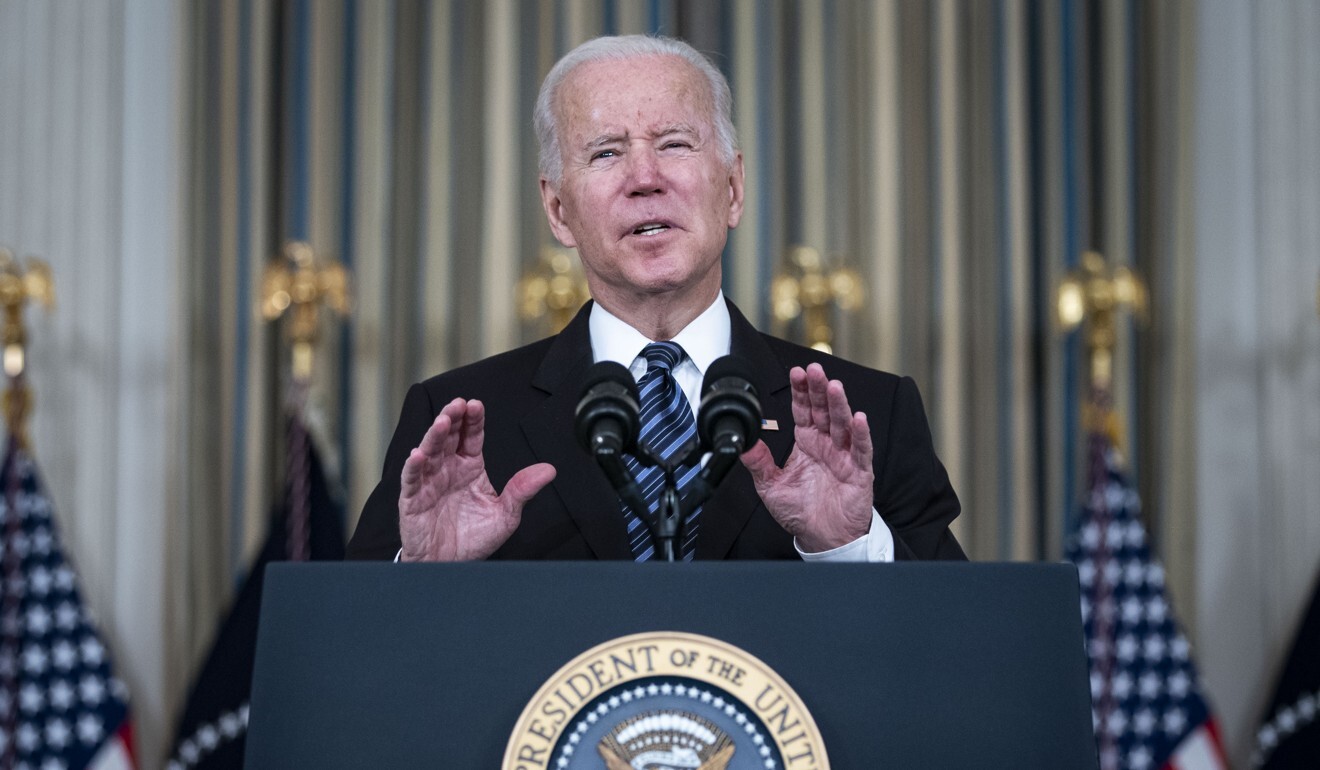
The infrastructure package passing before the weekend marks an unambiguous, resounding and immediate victory for the 78-year-old former senator, who touts his ability to reach across the aisle.
By funding work on roads, bridges and ports and high-speed internet, the White House says it would create millions of high-paying jobs.
Build Back Better, on the other hand, does not have the Senate’s blessing and is likely to be downsized significantly and put through further arduous votes in the upper chamber, even if it advances from the House.
“It will not be enacted as is. Everybody needs to sit with that and get comfortable with it,” Montana’s democratic senator Jon Tester told Politico.
The votes capped months of tense negotiations on Capitol Hill since the Senate approved the infrastructure package in August, giving it rare bipartisan support in Washington’s polarised political atmosphere.
Most House Republicans withheld their support, however, after former president Donald Trump threatened reprisals for helping to hand Biden a political win.

01:24
First COP26 pledge: world leaders agree to end deforestation by 2030
What’s in the infrastructure bill
Roads, Bridges
The bill spends US$110 billion on roads, bridges and other major projects. This includes US$40 billion for bridge repairs and replacement, as well as about US$16 billion for major projects. It also would reauthorise the surface transport programme for the next five years.
Public transit
The plan includes an extra US$39 billion to modernise transit and improve accessibility. In addition, the deal would continue existing transit programmes for five years as part of the surface transport reauthorisation.
Railways
The deal would allocate US$66 billion to Amtrak for maintenance, to upgrade tracks in the Northeast Corridor and bring rail service – including high-speed rail – to other areas of the country.
Power grids
The deal includes about US$65 billion for power grid upgrades, including building thousands of miles of new transmission lines for renewable energy as well as research for new technologies like nuclear reactors and carbon capture.
Electric vehicles
The bill would spend US$7.5 billion to build a nationwide network of charging stations for electric vehicles to help accelerate the adoption of non-fossil fuel cars.
Electric buses
The plan includes US$5 billion for new school buses, although the programme would allow half of that to go toward buses that run on natural gas or diesel. The plan also includes $2.5 billion for ferries.
Airports, Waterways
The plan would provide US$25 billion for airport repairs and efforts to reduce congestion and emissions. That includes encouraging the use of electric and other low-carbon technologies. It would also invest US$17 billion in port infrastructure.
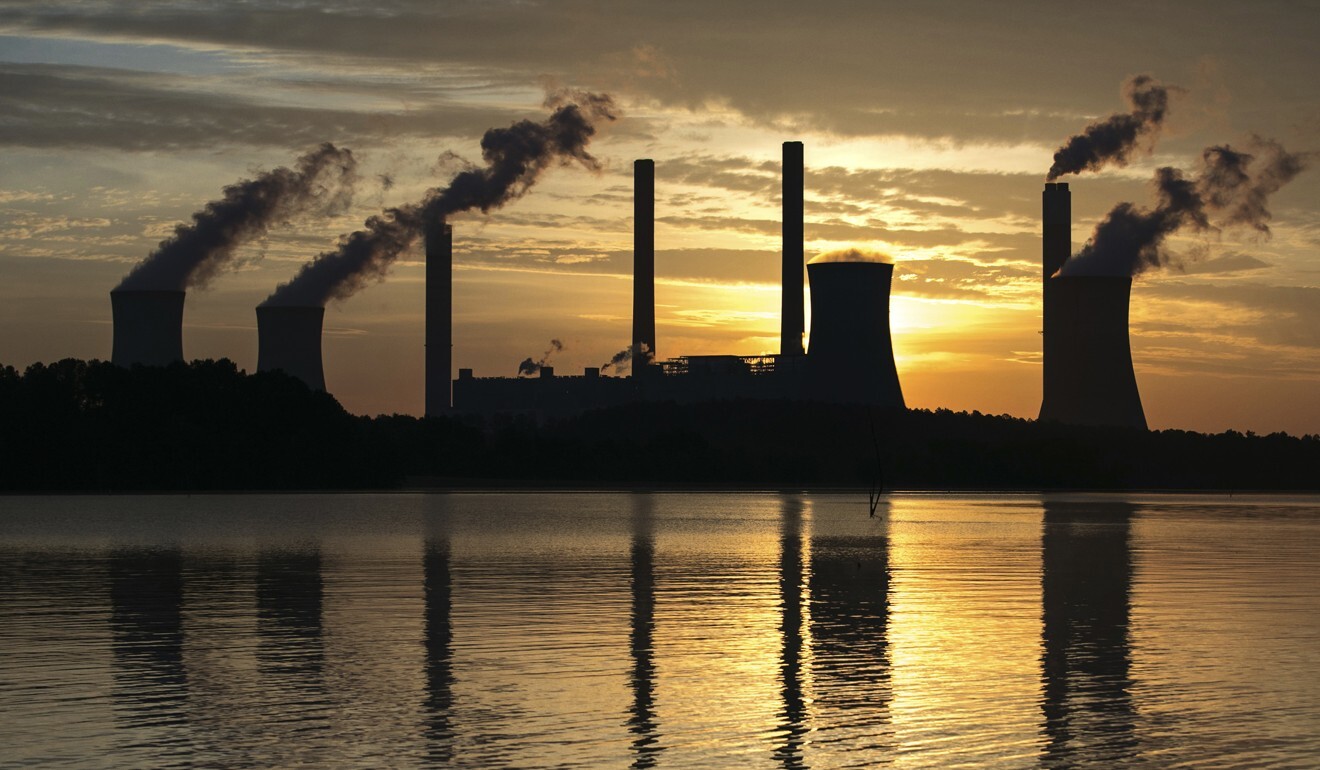
Resilience, Climate change
Drinking water
The package spends US$55 billion to improve drinking water, including dedicated funding to replace lead pipes and remove dangerous chemicals.
Broadband internet
The plan would invest US$65 billion in high-speed internet to ensure that every household can access reliable broadband service.
Environmental spending
The bill has US$21 billion dedicated for environmental remediation to address past pollution that harms public health.
The plan also includes US$1 billion to reconnect communities that have been divided by past infrastructure projects, such as highways splicing through established areas.
Transport safety
The plan would spend US$11 billion on transport safety, including programmes to reduce crashes and fatalities, especially for cyclists and pedestrians.
Revenue raisers
Here are some of the major ways that lawmakers said their plan would offset the cost of the spending:
• Unspent pandemic relief funds appropriated in earlier legislation;
• Assumptions that the bill would generate additional tax revenue economic growth generated from the infrastructure improvements;
• Recouped unemployment benefits claimed by fraudsters and from states that ended enhanced benefits early;
• Delaying the Medicare rebate rule enacted under former president Trump;
• Increasing tax reporting rules for cryptocurrency investors;
• Fees on government-sponsored enterprises;
• Spectrum auction sales and a Superfund fee on corporations that pollute.

.png?itok=arIb17P0)

